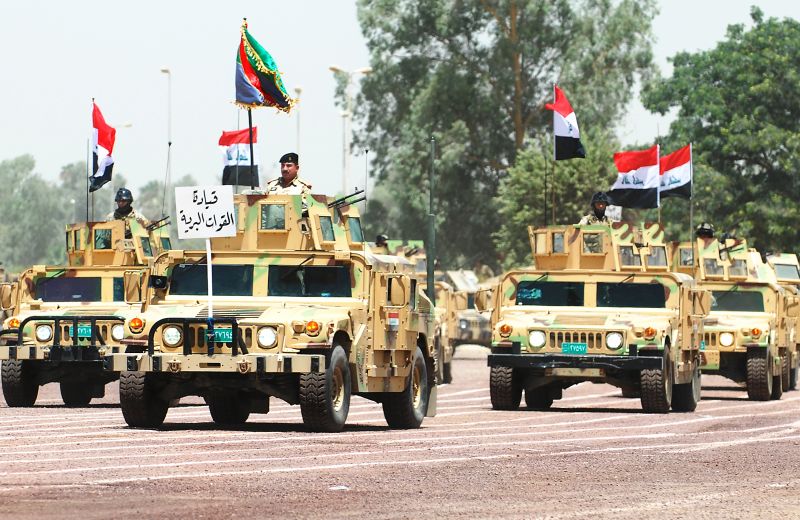 Research
/ Israel and the Middle East
Research
/ Israel and the Middle East
The final months of 2019 were marked by widespread, prolonged protests throughout Iraq, which began in October. Baghdad was the focal point of the demonstrations, which were directed at the ruling political elite and the state backing it: Iran. Prime Minister Adil AbdulMahdi resigned at the end of November, throwing official Iraq into a political vacuum and guaranteeing that any premier appointed to replace him would be considered an interim ruler and as such, his government would only be accepted by the weakened political elite, but not by a significant part of the population.
A 2018 study of Israel-Iraq relations, written within the framework of a Mitvim Institute project on the unfulfilled potential of Israel’s ties with Arab states, stressed that a rapprochement between official Iraq and Israel was unlikely. Its central argument was that relations between the two countries were hardly affected by the Israeli-Palestinian or Israeli-Arab conflict and that the main factor influencing relations was the conflict between Israel (and perhaps the US, too) and Iran. The events of recent months bolstered this assessment. Iran and its proxies within the Iraqi regime accuse the West and Israel of fanning the unrest. The Shiite militias, the standard bearers of Iraq’s cooperation with Iran, ramped up their anti-Israel rhetoric even before the protests broke out. Given this polarized state of affairs, another trend spotlighted in the previous study is gaining momentum – wide-ranging solidarity manifested on social media between a growing number of Iraqis and Israelis, stemming from hostility to Iran and an affinity for the history of Iraqi Jewry. Israel’s Ministry of Foreign Affairs (MFA) and senior political figures contributed significantly to boosting this trend in 2019.
This article reviews the changes that occurred in 2019 in the nature of Israel-Iraq cooperation, as they relate to diplomatic, security, economic and civilian aspects.


